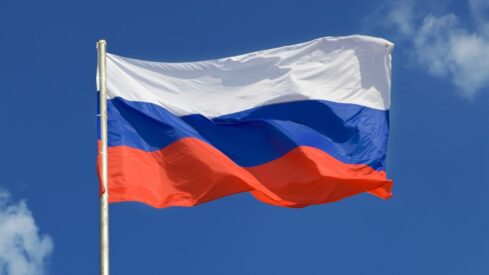Analysis: Russia restricts import of 4 European pet food brands

The country’s agricultural watchdog concluded that some of the products are non-compliant with quality standards. GlobalPETS learn more.
The Federal Service for Veterinary and Phytosanitary Surveillance (Rosselkhoznadzor, FSVPS) has recently announced restrictions on importing pet food products from Hill’s Pet Nutrition, United Petfood, ATM Petfood and La Normandise.
In November 2023, FSVPS specialists audited Italian enterprises and found “violations” from the Italian Competent Authority and pet food manufacturers.
According to an official document, inspectors reported the absence of laboratory control over the feed components listed on the packaging, incomplete thermal processing of raw materials, and a lack of information about the origin of the raw materials used to produce cat and dog food.
Last month, the government agency also temporarily restricted pet food supplies from the Farmina plant in Serbia due to the detection of arsenic.
Hill’s and Farmina products accounted for approximately 12.5% of the total pet food imports in 2023.
Until April, only 4 European pet food manufacturers from France and Italy—Sopral, Sanypet, Gheda Mangimi and Diusapet—are allowed to export pet food into the Russian Federation.
Previous cases
The import restrictions on foreign pet food brands began in 2019 when Rosselkhoznadzor detected genetically modified organisms (GMOs) and discrepancies between product compositions and the information declared on the packaging.
In 2020, the FSVPS announced the suspension of pet food imports from the Netherlands, followed by sanctions on the US, Spain, Germany, and Lithuania. In total, imports from 14 countries were banned by 2021.
The agricultural watchdog suspended shipments from the Hill’s Dutch plant in August 2023 due to a discrepancy in the stated composition of their pet diets. According to official information, the DNA of certain plant components (such as peas, soy, and rapeseed) was detected despite not being listed in the ingredients.
Hill’s Pet Nutrition Russia emphasized that all pet food supplied to the country is produced in Europe and meets the requirements of Russian legislation.
Assuring quality and safety
In 2023, Rosselkhoznadzor inspected ready-made pet food from over 80 Russian and 75 foreign companies.
Laboratory investigations revealed that non-conformities in imported pet food were higher than in Russian products—4.4% versus 2.3% of the samples tested. Discrepancies in the quality indicators of domestic products were primarily excess nitrogen, crude protein or crude fat.
Officials also noted non-compliance with the declared composition, including the absence of ingredients listed on the labeling, toxicity, and exceeding permissible levels of manganese, copper and zinc.
Market update
Zooinform estimated the Russian market for pet products in 2023 to be 433 billion rubles ($4.68B/€4.7B), a 14% growth compared to 2022. The pet food market was valued at 357 billion rubles ($3.86B/€3.9B).
According to the Federal State Statistics Service (Rosstat), Russia produced about 1.4 million tons of ready-made animal feed in 2023, with imported diets constituting a small portion of the market.
The country imported 80,000 tons last year, mainly from Europe, China, Serbia, the Eurasian Economic Union and Brazil.
